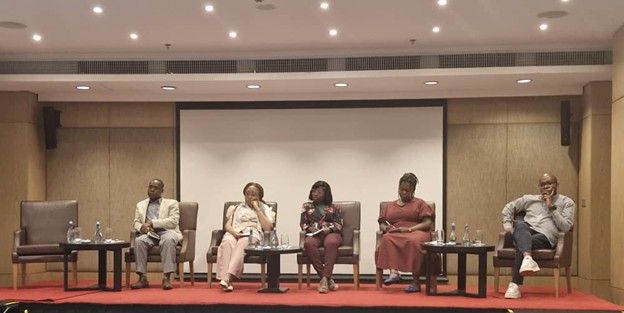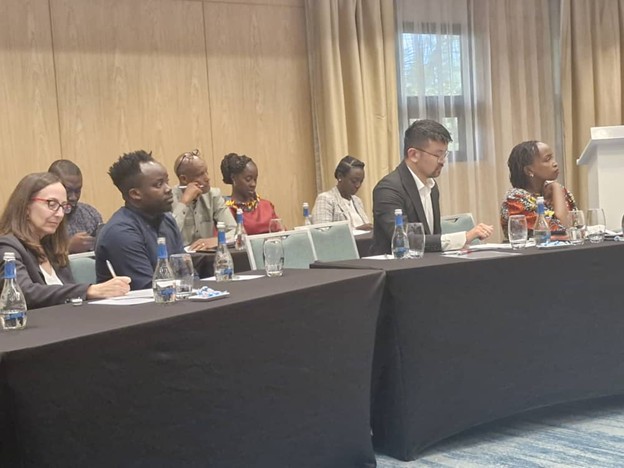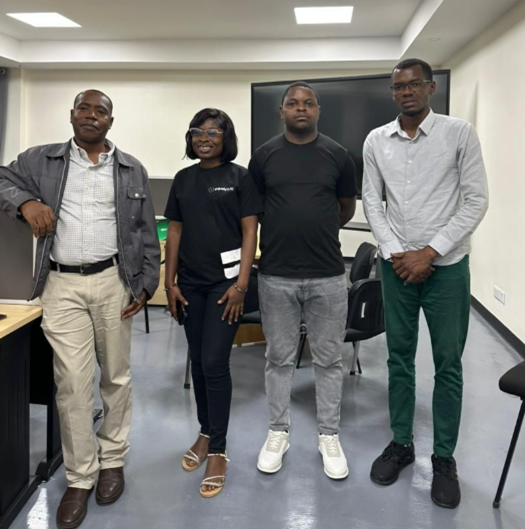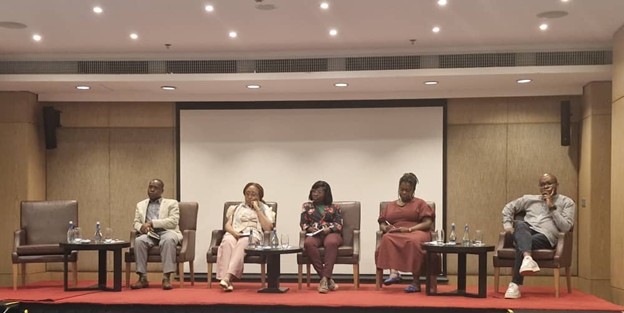As the curtains drew on the highly successful Deep Learning Indaba 2025 in Kigali, a pivotal roundtable discussion at the Kigali Marriott Hotel brought together leading voices in artificial intelligence for development, spotlighting the transformative work being done across Africa and the critical need for enhanced collaboration.
The AI for Inclusive Development in Africa Roundtable, hosted by the Canadian High Commission in Rwanda and the AI4D programme. A joint initiative between Canada's International Development Research Centre (IDRC) and the UK's Foreign, Commonwealth, and Development Office (FCDO), served as a capstone event to the week-long Deep Learning Indaba, which had attracted over 1,000 delegates from more than 40 African countries.
TAIRI Lab: Leading AI Innovation in Rwanda
At the heart of the discussions was Professor Damien Hanyurwimfura, Principal Investigator of the Transformative Artificial Intelligence Research and Innovation Lab (TAIRI), whose contributions to the AI4D Program Partner Spotlight demonstrated the caliber of research and innovation emerging from Rwanda's growing AI ecosystem.

During his presentation, Professor Hanyurwimfura addressed two critical questions that underscored the challenges and opportunities facing AI development in Africa. When asked about the most pressing AI-related challenge in his local context, he highlighted the urgent need for locally relevant AI solutions that address health sector while ensuring responsible and inclusive development practices. He mentioned that the TAIRI lab is addressing the issue related to primary care where the AI tools will be developed to support the health professional worker at health center to provide quick intervention to the patients.

The gap between global AI advancements and locally applicable solutions remains significant, Professor Hanyurwimfura noted during the session. Showcased concrete examples of TAIRI Lab's potential impact given the 5 state of the art projects in the TAIRI Lab. He highlighted how advancing responsible and inclusive AI has been addressed in TAIRI lab. He said that the project team is composed on 35% of female, 40 % of students are females who are from different districts in Rwanda. Additionally, one of the project topics which are being developed in the Lab considers women issue on Hormonal and Reproductive Health Disorder Detection and prediction.
A Platform for Strategic Partnerships
The roundtable provided an ideal platform for exploring collaborative opportunities between TAIRI Lab and other AI4D partners. Professor Hanyurwimfura expressed particular enthusiasm for potential partnerships with the Responsible AI Lab (RAIL) from Kwame Nkrumah University of Science and Technology, Ghana and other research institutions represented at the event.

"Such collaborations are key to advancing AI research and development across Africa," he emphasized, reflecting the broader theme of the Deep Learning Indaba 2025: "Urunana – Hand in Hand for AI in Africa." His vision for cross-institutional partnerships aligns perfectly with the AI4D programme's focus on building a pan-African network of researchers, innovators, and policymakers.
Advancing the AI4D Vision
The roundtable's format , a lightly moderated, conversational session encouraged open dialogue about the AI4D programme's four interconnected pillars: AI policy and governance, AI fundamentals, innovation and scaling, and research and evidence. These discussions were grounded in five cross-cutting priorities: southern leadership, responsible AI, gender equality, disability inclusion, and global partnerships.
Professor Hanyurwimfura's contributions exemplified these priorities in action, demonstrating how TAIRI Lab's work embodies the principle of southern leadership while addressing critical development challenges through responsible AI applications.
Looking Forward: A Collaborative Future
As participants gathered for networking and refreshments following the formal sessions, the conversations continued with renewed energy and purpose. The connections forged between TAIRI Lab and other AI4D partners during this roundtable are expected to yield concrete collaborative projects in the coming months.
Her Excellency High Commissioner Julie Crowley, who delivered the welcome remarks, emphasized Canada's continued commitment to promoting inclusive, ethical, and responsible AI for development. This commitment, combined with the enthusiasm demonstrated by researchers like Professor Hanyurwimfura and other AI4D labs present suggeste a promising future for AI development in Africa.
The roundtable concluded with participants expressing optimism about the potential for expanded partnerships and the scalability of successful AI innovations across the continent. For TAIRI Lab and its Principal Investigator, the event represented not just recognition of their current work, but an invitation to play an even more significant role in shaping Africa's AI future through strategic collaborations and continued innovation.
